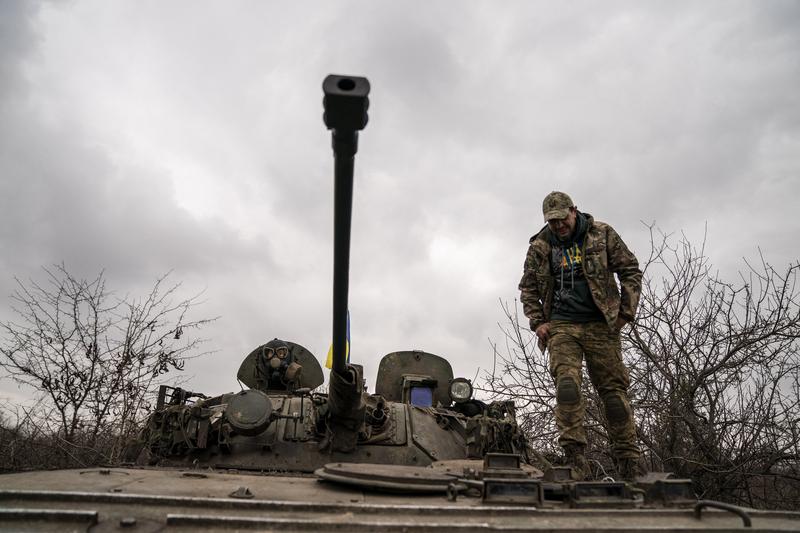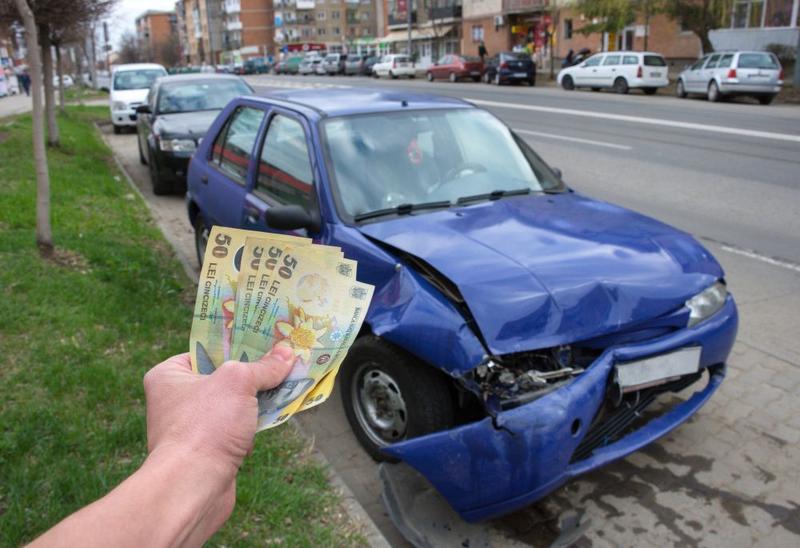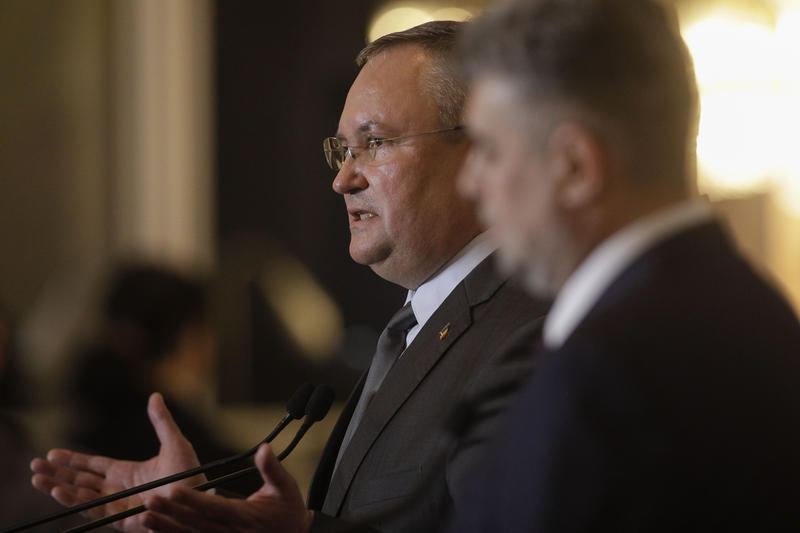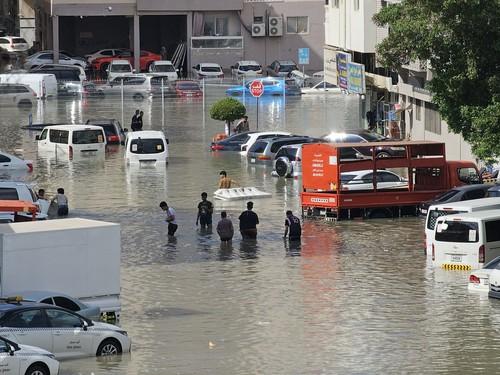All newspapers read about the government's instability after a year of failed promises. Irrespective of whether the Boc government will still stand, or whether the Social Democrats will exit the governing coalition, the government managed to reach several negative performances, one newspaper reads on Wednesday. In other words, political games have started: Hungarian Democrats declare that their party will sustain a minority government. On the other hand, the government instability breeds higher credits for the country while a quarter of Romanians cannot pay their loans.
Cotidianul reads about the negative achievements of the government in less than one year since the taking over of the executive. Among others, the government ran late in paying subsidies for agriculture, it failed to involve in assuring financing for small farmers and ignored their interests as large amounts of goods were imported.
Other "achievements" of the government: the lay off of 19 directors of the Payments and Interventions in Agriculture Agency who were reinstated after they contested the decision in court. In the Defense ministry, the newspaper marks the lack of transparency in handling army related problems or the lack of strategies to improve army conditions.
The newspaper does not miss the 500,000 euro contract attributed to Ars Advertising by Environment ministry without a public tender and neither the inconsistencies found in the wealth declaration of Environment minister.
As the government's shaking, political games and scenarios are at their height: Cotidianul quotes Hungarian Democrats leader Marko Bela who declared in an interview that his party will support a minority government up to the Presidential elections due in November.
Bela underlined that the best decision is to keep the government until Presidential elections and then reinstate a new one, considering the crisis the country goes through.
Gandul translates the political crisis in the real economy and concludes that the political crisis increases credits for Romania. The reaction of the economy at the recent political show was confusing: while economists say that loans taken by the country will get more expensive, the Romanian leu continued to appreciated and dealers suspect an intervention from the National Central Bank.
In about a week, the Finance minister announced a roadshow for eurobond remittances worth at least 500 million euro and, at most, 1.5 billion euro. The money will be exchanged into lei and will be used to pay the state's dues among which the pensions and salaries of the budgetary personnel.
Foreigners could increase their interest rates for the simple reason that they have no trust in the Romanian state: internal political disputes will push Romania in higher debts.
Romania libera reads, at its turn, about the crisis amongst citizens: a quarter of Romanians cannot pay their loans. As the debt of Romanians doubled to banks doubled in the first seven months of the year compared to 2008, banks should take up harsh temporary measures and offer credits only for investments.
IMF director Dominique Strauss Kahn warns that until we overcome this crisis, a new one might hit us so the future does not sound so reassuring. A quarter of Romanians with credits are late in paying their monthly quotas to banks. Over 4.4 million Romanians and companies alike took up loans and 1.5 million had two loans.


















